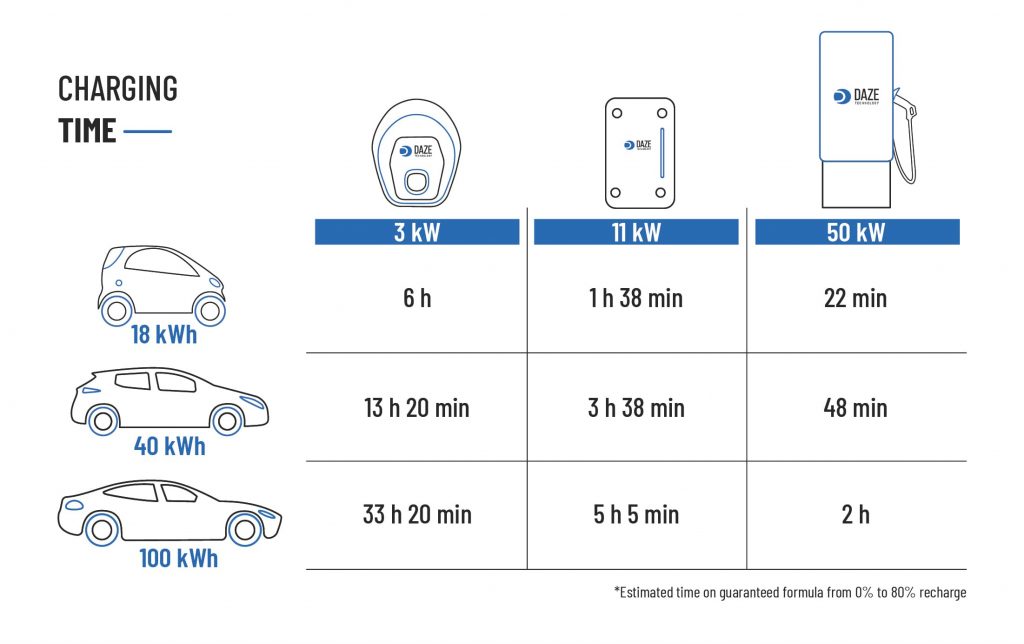
The most efficient hybrid sports cars not only are they the fastest but also smart and efficient. They combine elegant styling, superb handling and outstanding performance. They are also great for nature, making them a smart choice.
BMW's first hybrid sportscar was the i8. The i8 was a revolutionary body design combined with aerodynamics that created a futuristic appearance. It was powered by a 1.5-litre BMW TwinPower turbo gasoline engines and a 7.2 kWh lithium ion battery pack. The i8 is capable of reaching 60 mph in less that four seconds, and can also reach speeds up to 155 mph. There are two versions: the Roadster and the Convertible. An SUV version is also available. The i8's battery pack can provide an estimated 22-mile all-electric range.
It's not easy to find a sporty hybrid that's as efficient as the i8. There are also popular choices like the Porsche Panamera E-Hybrid. The Panamera is an SUV with five seats that features a 462hp electric motor as well as a powerful gas engine. The i8 and Panamera's plug in hybrid engines are quiet and eco-friendly. They all have lurid brake callsipers and can take short trips using electric power.

The Porsche 918 Spyder sports car is a great hybrid. The Porsche 918 Spyder's V8 hybrid powertrain produces 757 horsepower and can reach speeds of 217 mph. It can also cruise 18 miles on all-electric power, and it gets 33 mpg. This makes it easy to get around the city with little pollution and is a great ride. You can also get an automatic transmission.
Seat Cupra Leon, another sporty and stylish hybrid, is another example. This model has the same underpinnings of the Skoda Octavia. You can choose between a plug-in hybrid or an electric only model. It is a great hybrid as it gives you plenty of grip and provides a lively driving experience. You can choose from many different colours. Cupra Leon has a copper-like hue and a distinctive new logo.
One of the most distinctive hybrid sports cars is the Lexus LC. This sports car is powered by a 3.5 litre V6 engine, paired with two electrical motors. The LC is a striking looking vehicle, with a responsive and agile handling. It is also very fuel efficient, taking just 5.1 seconds to go from 0-60 mph. The interior design is elegant and it's very comfortable.
The Mercedes-Benz E300de plug-in hybrid is available. Although the i8's battery can be plugged into, it is not required. The E300de has a 0-62 mph time of six seconds. It has a reasonable estate boot, but its all-electric range is only 32 miles. The hybrid is a little heavy, which can be problematic.

There are many other choices, but the BMW i8 is still the best hybrid sports car. It has many impressive features that could soon be available for sale on the streets of early 2014.
FAQ
Do I need to have a degree to work as an automotive mechanic? Can I do part-time studies?
Although a degree is not necessary, it can be helpful. Employers are more likely to hire candidates who have completed a complete degree. It shows that you've put the effort in and have done everything possible to succeed.
But, this doesn't mean you have to stop working while studying. Some universities let students complete their coursework in the summer and then continue their studies during the school year. Other universities permit students to take classes part-time during the school year.
How can I prepare myself for a mechanic apprenticeship
It is essential to understand what you are getting into. It is important to know the basics of how cars work. You will be able to know exactly where to begin when you arrive at the garage for your first day.
You also need to know how to fix simple problems such as broken lights, tires, etc.
This should help you learn how to diagnose issues and repair them yourself.
To put the pieces back together, you will also need to understand how they fit together.
Finally, you should be able use tools safely.
All of these factors will allow you to become a skilled mechanic.
Is it important which college I go?
You're wrong. There's no difference between colleges regarding getting into the automotive industry. However, some schools offer better programs than others so if you're looking for something more specialized, look elsewhere.
Is automotive mechanic a promising career?
The automotive industry is full of exciting opportunities for those who are dedicated to excellence. Working hard and learning from others is the best way to be successful in this field.
Communication skills are important as customers and coworkers will often be your main focus. You will need to be able and willing travel for work, making it more difficult to commute.
If you're interested in pursuing a career in automotive, consider taking classes at community colleges and universities. Many schools offer programs specific to students interested in sales, auto repair, or customer service.
If you decide to pursue a degree, you should study mechanical engineering. It's possible to get a bachelor's degree in just four years.
In addition, many companies will hire graduates straight out of school. You should start looking for employment as soon as you are able to continue your studies part-time.
After your education is complete, you will probably need some training in order to become an automotive technician.
This means that you must pass the Automotive Service Excellence exam. This test covers topics including engine maintenance, brakes, steering systems, suspension, and more.
After passing the ASE test you can apply for a National Institute for Automotive Service Excellence (NIASE) license.
Private individuals can have their vehicles repaired with a license. You'll be paid based upon the number of services provided.
It's important to note that not all states require licensing. If you intend to work in another state, however, you will need a license.
Some states don't issue licenses until after completing a certain amount of training. This may be the case for you.
What can I do to fix my car as an hobby?
You might be interested in cars as a hobby. You can learn to fix them, buy them parts, and even sell them. If you are looking for something new, this would be a great hobby.
It's not an easy task to make this a full-time job. It requires a lot of hard work and dedication. Also, you will need to put a lot of money into it.
You may not be able to have an emotional connection with cars unless there is a valid reason.
Statistics
- According to the BLS, the median annual salary for automotive service technicians and mechanics in the United States was $44,050 in May 2020. (uti.edu)
- 52% of Mechanics in the United States think their salaries are enough for the cost of living in their area. (indeed.com)
- The U.S. Bureau of Labor Statistics (BLS) reports that the job outlook for automotive service technicians and mechanics is expected to decline by 4% from 2019 to 2029. (indeed.com)
External Links
How To
How to become an Automotive Technician
An automotive technician performs repairs and maintains vehicles. He/she is employed at automobile dealerships, garages, service centres, and auto shops. Customers can rely on him/her to fix their cars, trucks and motorcycles. An automotive technician must be able to diagnose problems and make repairs quickly, safely, accurately, and efficiently.
An associate degree from a vocational school is required for anyone who wishes to become an automotive technician. After completing the program, he/she must pass ASE certification. ASE stands as American Society of Mechanical Engineers. There are two sections to the ASE certification test. The first section tests for mechanical knowledge, the second for practical skills. To take the test, you must visit one of the approved testing locations. You can find these locations online or through your local automobile dealer.
After passing the exam, a candidate must take a state exam before being licensed as an automobile technician. The process will vary depending on where an applicant lives. Some states require candidates to complete a training program, while others let them study on their own. Some states allow technicians to become licensed right away after receiving their license. While others wait until they have had at least six years of experience as an automotive technician.
To become an automotive technician, one must apply at a local dealership. Once hired, most new employees start out working as apprentices. Apprenticeships typically last three years. A student will learn to repair basic things like changing oil, adjusting brakes or replacing tires. They also learn how spark plugs are cleaned and inspect engine compartments. Some students learn how to do advanced repairs, such as installing air filters, replacing shocks, repairing engines, and replacing transmission fluids. Schools offer classes during business hours. Some schools offer evening classes, however.
Once a student completes his/her apprenticeship, he/she becomes a journeyman. Journeymen spend typically four to five years learning to install major systems such as transmissions and differentials, steering gear, suspensions and drive shafts. Journeymen also learn to fix complicated problems, such as rebuilding engines or troubleshooting electric components. Because they have a good understanding of the job and what customers expect, many employers prefer to hire journeymen.
If a candidate successfully passes the required exams and receives a license, he/she might want to consider starting his/her own shop. According to the Bureau of Labor Statistics, nearly 1.7 million automotive mechanic jobs were available in 2010. That number was expected to grow by 18 percent from 2009 to 2020. Candidates who decide to open their own business should be prepared to invest thousands in equipment and supplies.
The salary of an automotive technician will depend on many factors including where you live, your education level, experience and the type of employer. A jobless person can expect to make $20,000 per year. Someone who has only a highschool diploma could earn around 21,000 dollars per year. An associate's degree earns approximately $24,000 annually. Technicians with bachelor's degrees earned about $27,000 per year. The average annual salary for those with master's degrees was $32,000. Salaries are increasing so that a professional earning less than $30,000 could expect to make $40,000 in a few years.